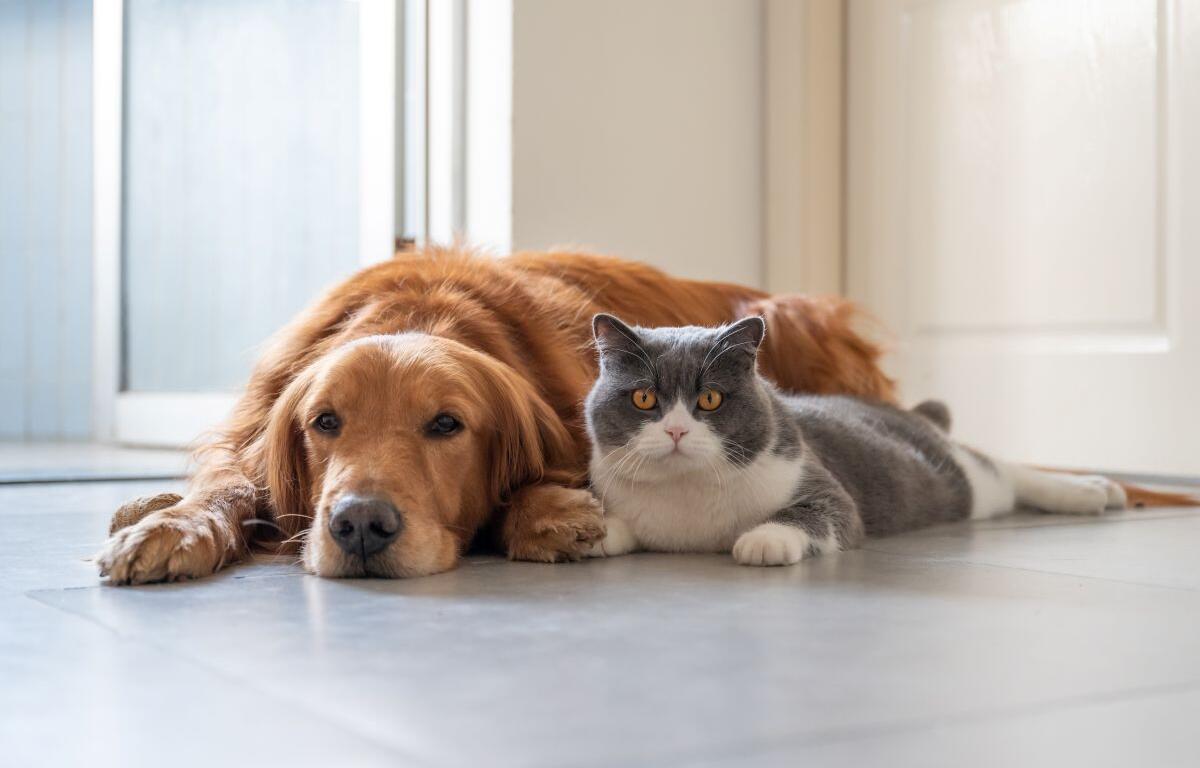For more than 35 years, Mary Birkholz has dedicated her life to giving animals a voice and a second chance. As the founder and president of Caring For Creatures (CFC), Central Virginia’s first no-kill animal sanctuary, Mary has rescued, rehabilitated, and rehomed thousands of dogs and cats since opening the sanctuary’s doors in 1988.
What makes Mary’s perspective unique is not just the number of lives touched, but the approach itself. At CFC, animals aren’t just sheltered, they are healed, supported, and given the time and care they need to rediscover trust. Her decades of experience leading a sanctuary that blends traditional care with holistic methods now bring her to Cville Right Now as the voice behind our new Ask the Expert series. Every two months, Mary will share insights, practical advice, and heartwarming stories to help readers better understand and support the animals who share our lives.
A Rescue World Under Pressure
Across the nation, animal shelters and rescues face growing challenges. Adoption rates have slowed, while requests to surrender pets continue to climb. At Caring For Creatures, we witness this firsthand through the increasing number of calls and emails from families who love their animals deeply but, due to life changes, job loss, housing struggles, and health crises, are no longer able to care for them.
These situations are rarely about neglect or indifference. They’re about circumstances, and the animals arriving at our sanctuary often reflect the emotional complexity of their experiences: some arrive fearful or anxious, while others demonstrate remarkable resilience and trust.
What Makes Our Sanctuary Different
At Caring For Creatures, we are more than a shelter, we are a sanctuary. That means no time limits, no looming deadlines. Every animal has the time, space, and care they need to recover at their own pace.
We also embrace a holistic approach to healing. Alongside veterinary treatment, we use calming music, massage, flower essences, and even animal communication to help animals release stress and rediscover a sense of safety. These methods don’t replace traditional care, they complement it, giving anxious or fearful animals the tools they need to feel secure and ready for life beyond our gates.
And what we learn here doesn’t stay here. We share our knowledge with adopters, volunteers, and the community so these lessons can help animals everywhere, not just the ones who pass through our doors.
Setting Animals and Families Up for Success
Rescue is only the beginning. A successful adoption begins when families prepare for the journey ahead, understanding an animal’s needs, planning for training, and allowing time for adjustment.
Anxious or uncertain animals often need structure, patience, and consistency to settle into a new home. With preparation and support, families can help these dogs make a smooth transition and thrive.
Three simple steps can set everyone up for success:
- Plan ahead. Match the right animal to your lifestyle, prepare your home, and line up a veterinarian and trainer before adoption day.
- Start training early. Training builds confidence, reduces anxiety, and strengthens the bond between you and your animal.
- Allow time to adjust. Some animals need weeks, or even months, to feel fully at home. Give them the gift of time and consistency.
A Reason to Hope
Despite the challenges facing animal rescue today, we see hope in countless ways: in the shy dog who finally wags his tail, in the once-fearful cat now purring in a volunteer’s lap, and in the families who open their homes and hearts to animals who simply need a second chance.
At Caring For Creatures, we believe every dog and cat deserves that chance. With preparation, compassion, and the right support, second chances can become forever homes.
This is the first in our Ask the Expert series for Cville Right Now. Every two months, we’ll share practical advice, insights, and stories from the sanctuary to help families, adopters, and animal lovers better understand the animals who share their lives. We look forward to the journey ahead.



